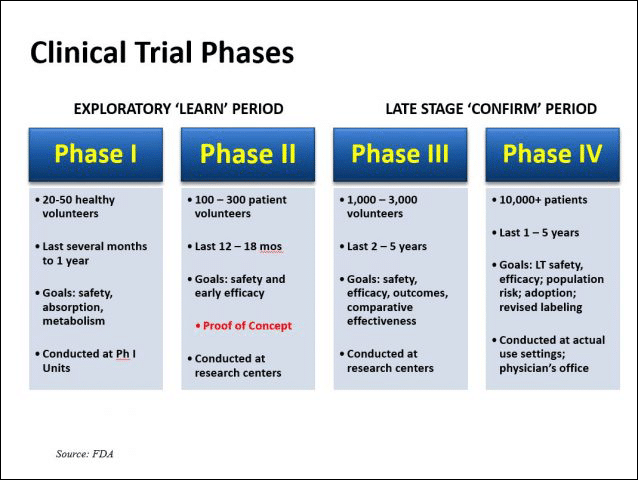
FAQs
Overview
Clinical trials are crucial for researching and testing new treatments or vaccines to determine their effectiveness and safety. If you've ever taken medication or received a vaccine, you've already benefited from the results of clinical trials.
These trials are designed to address specific health questions, such as whether a new treatment provides any benefit, if it offers improvements over existing options, or if it poses any risks to individuals. Some of the treatments being investigated in these trials have not yet been approved by regulatory agencies, which is why they are referred to as "investigational" treatments. However, if clinical trials demonstrate that a new treatment is both effective and safe, it can be approved for widespread use among those who need it.
Your participation in clinical trials or your willingness to learn more about them can contribute to advancements in medical research and the development of better treatments for various health conditions. If you have any questions about clinical trials or are interested in participating, please reach out to our team for more information. Your involvement could make a difference in improving healthcare for everyone.
What Happens in Clinical Trials?
When you agree to participate in a clinical trial, you may receive either a trial treatment or a placebo, which resembles a treatment but lacks active ingredients. Alternatively, you may receive a treatment already approved for public use.
Participants do not have the option to select their treatment, as it is typically assigned randomly. Treatments may be administered in various forms, such as pills, injections, infusions, or other methods.
In some trials, you may only provide consent for researchers to collect health information through surveys or medical records. Additionally, certain clinical trials include participants who are considered "healthy" and do not have the condition being studied.
You may be required to visit the trial site for tests, treatments, and health check-ups by doctors.
Understanding these aspects of clinical trial participation can help you make informed decisions about your involvement in research studies. If you have any questions or concerns, don't hesitate to discuss them with the research team or your healthcare provider. Your well-being and comfort are important throughout the trial process.
Clinical Trial Research
When you decide to participate in a clinical trial, you may receive a trial treatment, a placebo (which looks or tastes like the treatment but doesn't contain any active ingredients), or a treatment already approved for public use.
It's important to note that participants typically do not have a choice in which treatment they receive, and the assignment of treatments is usually determined randomly. The treatment may be administered in various forms such as pills, injections, infusions, or through other methods.
Some trials may only require permission to collect health information through surveys or medical records. Additionally, certain clinical trials may involve participants who are considered "healthy," meaning they do not have the condition being studied in the trial.
Throughout the trial, you may need to visit the trial site for tests, treatments, and regular health check-ups. These visits can also be arranged to take place at your home or conducted via telemedicine, depending on the trial's protocol and your preferences.
Before I Participate…
It is extremely important to understand a trial before you agree to participate. Plan ahead by making a list of questions to ask the research team. Talk to family, friends, counselors, and other people you trust. Talking to people with different views and information can also help. You can ask a friend or family member to come along for support and to help you understand the trial.
See below for important questions to consider.


